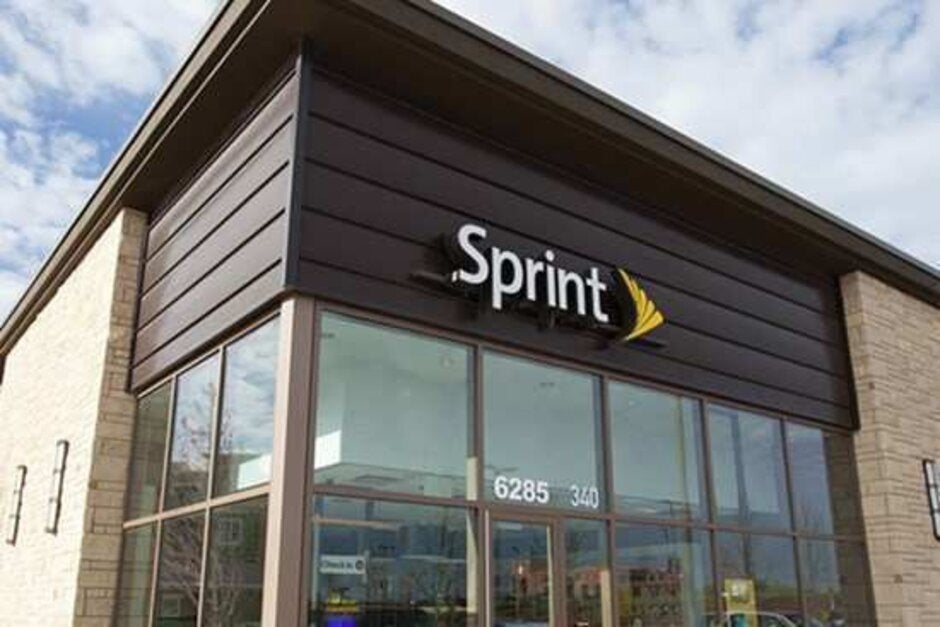Closing arguments bring us one step closer to decision on T-Mobile-Sprint merger

In a federal courtroom in Manhattan, U.S. District Court Judge Victor Marrero is hearing closing arguments today in the case that could determine whether T-Mobile finally gets to merge with Sprint. 13 state attorneys general and the attorney general of Washington D.C. seek to have the merger blocked. The plaintiffs are concerned that the merger, by reducing the number of major wireless providers in the states by 25%, will lead to higher prices for consumers.
UPDATE:With both sides presenting closing arguments today, Judge Victor Marrero said that he would render his decision "as soon as possible" and did not offer any possible timeline according to The Wall Street Journal. T-Mobile CEO John Legere returned to the courtroom to hear the closing arguments. He had testified last month during the trial. Legere is set to leave T-Mobile in May after turning the carrier around after nearly eight years with the firm.
As reported by Reuters, Glenn Pomerantz, the attorney for the states, kicked things off today. "I’m here speaking on behalf of 130 million consumers who live in these states," the attorney said at the start of his argument. "If this merger goes forward, they’re at risk for paying billions of dollars more every single year for those services." The defendants will get there chance to present their closing arguments later today.
David Gelfand, the attorney representing T-Mobile, told the judge during his closing statement that the merger will lead to cost savings for T-Mobile that will "trickle down" to lower prices for consumers. Pomerantz, in his rebuttal, said that Sprint can turn itself around the same way T-Mobile did. "They’re not in a dire position; they’re in an advantageous situation and they just need to invest in their business and compete," the states' attorney said. But a T-Mobile-like turnaround is not likely for Sprint in our opinion because of two factors. One is the breakup fee that AT&T paid to T-Mobile when their 2011 merger was blocked by the DOJ. This included $3 billion, 128 AWS markets and a 3G roaming deal. And the other factor is T-Mobile CEO John Legere. Sprint would have a very tough time finding a unique one-of-a-kind leader like Legere to help it launch a 180-degree change in its business operations.
The Attorney General of New York State says that Dish is not a "suitable replacement" for Sprint
While we are not legal scholars, some issues can be solved by using common sense. Former Sprint CEO Marcel Claure testified during the two-week bench trial that if the merger is blocked, Sprint will have to raise prices. Claure also said under oath that without the merger, Sprint will have to borrow more money on top of an already huge debt load that exceeds $40 billion. If the carrier can't service this debt, the company could go out of business which would drop the number of major wireless providers to three anyway. Now admittedly, the latter scenario is not likely especially since Sprint's parent company, SoftBank, said that it would pay off Sprint's current $40 billion debt if necessary.

The states worry that if the merger closes, consumers will pay higher prices for wireless service
To get approval from the U.S. Department of Justice, a regulatory agency that has quashed mergers involving T-Mobile in the past, Sprint agreed to a $5 billion deal with Dish Network that turns over its prepaid unit to the satellite television provider. This includes Boost Mobile, 9.3 million subscribers, 400 employees, 14MHz of 800MHz spectrum, and 7,500 retail locations. The deal also calls for Dish to sign an MVNO deal with T-Mobile allowing it to sell wireless service before it finishes building out its 5G network. All of this would take place following the closing of the T-Mobile-Sprint merger.
But the states argue that Dish Network can't be counted on to replace Sprint as the nation's fourth-largest carrier. One reason is that Dish is considered a "spectrum hoarder." In 2017, Dish purchased a ton of low-band 600MHz spectrum but has been sitting on this valuable asset ever since. New York State Attorney General Letitia James spoke to the press this morning outside of the courthouse and stated that "Dish would not be a suitable replacement for Sprint and the merger would mean higher prices and reduced quality of service for millions of people across the country."
Judge Marrero is expected to make his ruling next month. Whichever side loses will probably seek an appeal. Meanwhile, the Justice Department's deal with Sprint is the subject of a Tunney Act review by Judge Timothy Kelly that has been extended until the middle of next month. The Tunney Act of 1974 forces a court to decide independently that a remedy agreed to by the DOJ is in the public interest. With the review extended into the middle of February, the big question is which judge will issue his ruling first. The Tunney Act review was expected to be completed in November. Judge Kelly is accepting friend-of-the-court briefs no longer than 20 pages in length. Such briefs are submitted by third-parties with an interest in the outcome of a case.










Things that are NOT allowed: